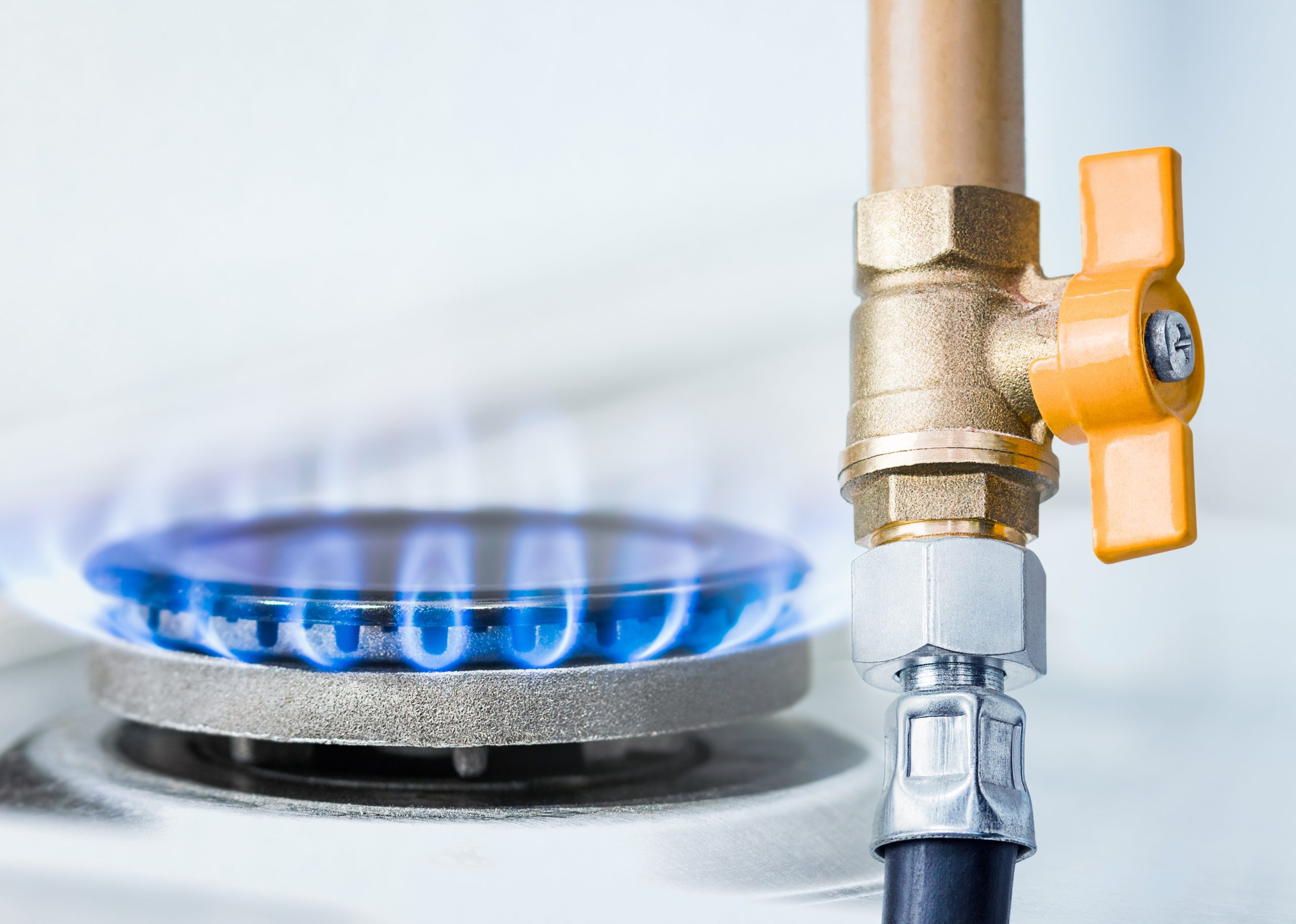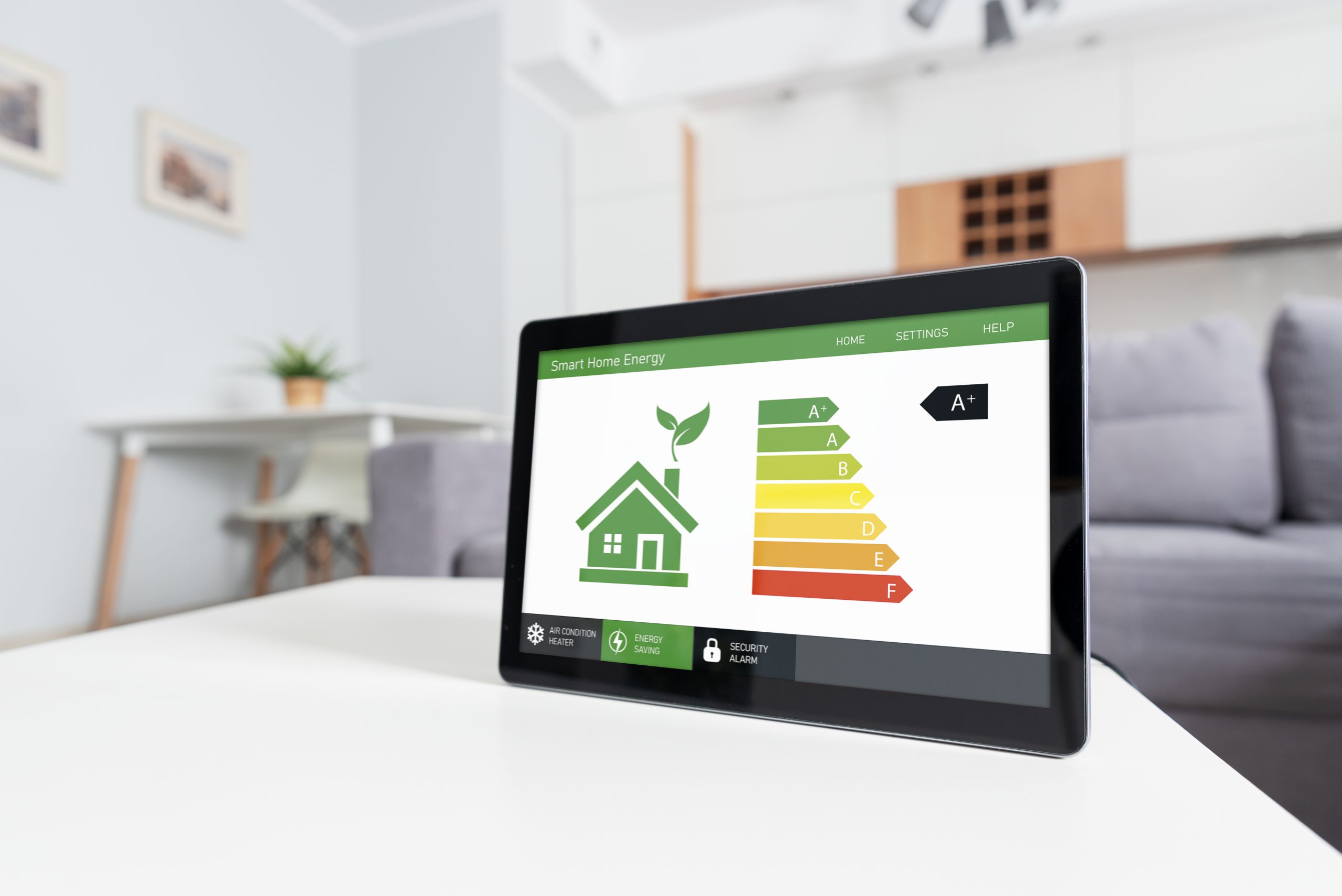Breaking Down the Ban on Gas Stoves in NYC New Builds

In recent years, the debate surrounding a ban on gas stoves in NYC new buildings has gained significant traction, especially in densely populated areas like New York City. Advocates argue that phasing out gas stoves is essential for combating climate change and improving indoor air quality, while opponents raise concerns about the affordability and practicality of such a ban.
We’re here to break down the ban of gas stoves in new buildings in NYC, including the motivations behind the ban, its potential benefits, and the challenges it poses. As always, the NewDevRev team is here to answer any questions you may have regarding new regulations.
New York State Takes Bold Step to Ban Gas Stoves in New Buildings

In a landmark move towards combating climate change and promoting a sustainable future, New York State has put forth a sweeping ban on gas stoves in all new residential and commercial buildings. This news is following a budget deal announced by Gov. Kathy Hochul in April of this year. In the vein of Local Law 97, this ambitious decision marks a significant milestone in the state’s ongoing efforts to reduce greenhouse gas emissions and transition to cleaner, more environmentally friendly energy sources. According to CNN, New York is the first state to implement such a ban.
The ban, which will take full effect on new buildings shorter than seven stories by 2026, and for taller buildings by 2029, is part of New York’s comprehensive strategy to address the urgent climate crisis by drastically reducing its carbon footprint.
Gas stoves, traditionally fueled by natural gas or propane, have long been associated with emissions of harmful pollutants and greenhouse gasses. By eliminating their use in new construction, the state aims to curtail this source of pollution and encourage a shift towards cleaner and more energy-efficient alternatives.
Key Aspects of the Ban

1. Prohibition on New Installations
The ban strictly prohibits the installation of gas stoves and ovens in all newly constructed residential and commercial buildings, including single-family homes, apartment complexes, and office spaces. This ensures that the state’s new infrastructure is not dependent on fossil fuels for cooking.
2. Encouraging Electric Alternatives
New York State is actively promoting the adoption of electric cooking appliances as a greener and more sustainable alternative. This includes induction cooktops, electric stoves, and convection ovens, which are more energy-efficient and produce zero emissions at the point of use.
3. Retrofitting Incentives
To support the transition, the state is offering financial incentives and rebates for property owners and developers who choose to retrofit existing buildings with electric cooking appliances, making it easier for them to join the movement towards cleaner cooking technologies.
4. Education and Outreach
New York State is also investing in public awareness campaigns and educational initiatives to inform residents and businesses about the benefits of electric cooking and the environmental consequences of relying on gas stoves.
5. Environmental and Health Benefits
The ban on gas stoves aligns with New York’s commitment to reducing its carbon footprint and improving air quality. It is expected to result in a significant reduction in greenhouse gas emissions and indoor air pollution, which can have positive impacts on public health.
The Ban on Gas Stoves: Following the Trends

This move by New York State follows similar bans on gas stoves and heating systems in cities like San Francisco and Seattle, demonstrating a growing nationwide trend towards cleaner, more sustainable energy practices. While there may be concerns about the initial costs of transitioning to electric cooking, proponents argue that the long-term environmental and health benefits, coupled with ongoing incentives, will make this transition a wise investment for both individuals and the state as a whole.
New York’s decision to ban gas stoves in new buildings underscores its commitment to combating climate change and creating a more sustainable future for its residents. It serves as a model for other states and municipalities looking to reduce their reliance on fossil fuels and prioritize environmentally responsible practices in construction and daily living.
Motivations Behind the Ban on Gas Stoves

1. Climate Change Mitigation
One of the primary motivations for banning gas stoves in new buildings is the urgent need to reduce greenhouse gas emissions. Gas stoves emit carbon dioxide (CO2) and other pollutants when they burn natural gas, a fossil fuel. CO2, as we know, has been a major contributor to global warming and climate change. By transitioning to electric stoves, which can be powered by renewable energy sources, the city aims to reduce its carbon footprint and combat climate change.
2. Indoor Air Quality
Gas stoves emit pollutants like nitrogen dioxide (NO2) and carbon monoxide (CO), which can have adverse effects on indoor air quality and human health. NO2, in particular, is linked to respiratory problems and can worsen conditions such as asthma. By eliminating gas stoves, New York City hopes to improve the indoor air quality in homes and reduce health risks associated with gas stove emissions.
Potential Benefits of the Ban

1. Environmental Benefits
Reduced Greenhouse Gas Emissions: The ban on gas stoves will contribute to a reduction in greenhouse gas emissions, aligning with the city’s climate goals. As New York City increasingly adopts renewable energy sources, the emissions associated with electric stoves are expected to decrease further.
Improved Air Quality: Although some plants can aid in filtering pollutants from the air, phasing out gas stoves will result in much cleaner indoor air, reducing the risks of respiratory illnesses and improving overall public health. This, in turn, can lead to fewer hospitalizations and healthcare costs.
2. Energy Efficiency
Electric stoves can be more energy-efficient than gas stoves, depending on the energy source. They convert a higher percentage of the energy they consume into heat, potentially reducing electricity consumption in the long run.
3. Modernization of Infrastructure
Banning gas stoves can prompt investment in modern electrical infrastructure, making the city’s energy system more resilient and adaptable to future needs. This transition can accelerate the development and deployment of smart grid technologies.
Ban on Gas Stoves: Challenges and Concerns

1. Affordability
One of the most significant concerns surrounding the ban on gas stoves is the potential for increased costs for both developers and residents. Electric stoves and related electrical upgrades can be more expensive than their gas counterparts. This could lead to higher housing costs and limit affordable housing options in the city, exacerbating New York’s already challenging housing crisis.
2. Reliability
Electricity grids can sometimes be less reliable than natural gas pipelines, especially during extreme weather events. Critics argue that relying solely on electricity for cooking may pose problems if power outages occur, affecting residents’ ability to prepare meals.
3. Consumer Preferences
Many people prefer gas stoves for their cooking performance, as they provide precise temperature control and are generally faster at heating food. A ban on gas stoves might be met with resistance from those who are accustomed to and favor gas cooking.
4. Transition Period
Implementing the ban on gas stoves will require a significant transition period, including educating builders, contractors, and residents about the changes. The city must also invest in the necessary electrical infrastructure to support the increased demand for electricity. If you’d like to know more, please feel free to reach out to us through our website.
Potential Solutions and Compromises Concerning the Gas Stove Ban

1. Financial Incentives
To address affordability concerns, the city could offer financial incentives, tax breaks, or subsidies to developers and residents who choose electric stoves and make energy-efficient upgrades. This could help mitigate the initial cost difference between gas and electric appliances.
2. Backup Solutions
The city could encourage the installation of backup power sources, such as generators or battery systems, to ensure residents have access to cooking facilities during power outages. This would address reliability concerns associated with relying solely on electricity.
3. Public Education
An extensive public education campaign could help residents understand the benefits of transitioning to electric stoves, as well as how to use them efficiently. Consumer preferences may shift with better awareness of electric stove advantages.
4. Phase-In Approach
Rather than an immediate ban, the city has implemented a phased approach, giving builders and residents time to adapt to the changes. This will also allow for the gradual expansion of the electrical infrastructure to meet increased demand.
What the Gas Stove Ban Means for Buyers and Investors

The debate over banning gas stoves in new buildings in New York City is multifaceted, involving considerations related to climate change, indoor air quality, affordability, and consumer preferences. While there are valid concerns about the potential challenges and costs associated with such a ban, and Bon Appetit declaring that it will “affect home cooks for years to come”, there are also undeniable benefits, including reduced greenhouse gas emissions and improved indoor air quality. Finding a balanced approach that addresses these concerns while also promoting sustainability and health is crucial.
New York City’s journey toward cleaner cooking solutions reflects a broader global movement towards sustainable and environmentally friendly practices in urban development. Ultimately, the success of this ban will depend on effective policies, incentives, and community engagement to ensure a smooth transition to electric stoves in the city’s new buildings. Please feel free to contact the NewDevRev team to discuss any questions or concerns regarding this new regulation.
- Categories:
